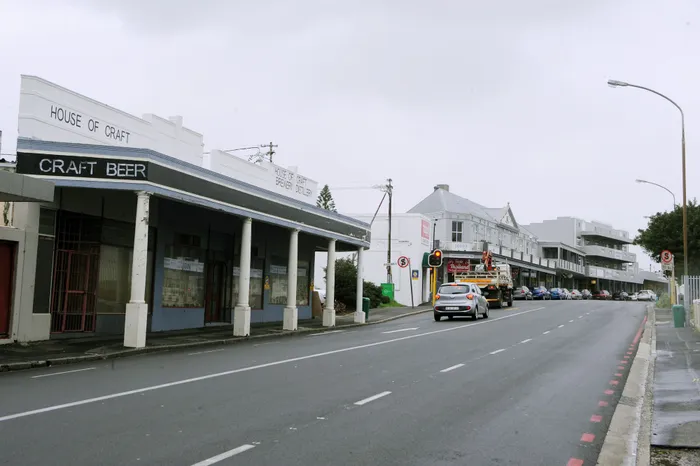
The village of Mowbray was established in about 1853 on the farm Welgelegen, in an area more commonly known as Drie Koppen. This name was of Dutch origin, and was given to a road intersection where the heads of three slaves had been impaled. Picture: Tracey Adams/African News Agency (ANA)
by Koert Meyer.
As soon as I came across the street name “Drie Koppen” in Edgemead in November 2015 while taking part in a road race together with more than a thousand runners, I pointed out this hurtful colonial incident in a letter published in this paper dated 23 December 2015 under the heading “Road of ‘3 severed heads’ needs new name”.
This will be the third letter highlighting it once again since nothing was done about it, as happens with such issues.
Koppen is the Dutch word for heads. After a death sentence during the colonial era such unfortunates were beheaded and their heads impaled on poles as a deterrent. This incident happened in 1723, almost 300 years ago.
Can such hurtful names remain still in this day and age?
These were three slaves named: Jonas van Bougies, Baatjoe van Bougies and Baatjoe van Cheribon (Cirebon in Java, Indonesia). They were accused of murdering Jan Zacharias Beck, a “European”, (the term used at the time for colonialists born in Europe).
Dutch and later British colonialists used this and other brutal punishments to subjugate indigenous people.
Drie Koppen was the name of the suburb Mowbray and the railway station, so changed when the British occupied the Cape, first in 1795, then permanently in 1806. There is also a “Drie Koppen” name board next to the N2 between Grahamstown and Port Elizabeth.
Ironically, the Netherlands was the first of the modern democracies to abolish the death penalty as far back as 1870, Britain and France only in 1965 and 1989 respectively. Today all countries that took this bold step to break with their brutal past are some of the most progressive.
To add insult to injury similar despicable names were given to several entities, in this case first the suburb, then the railway station, and later to emphasise the “triumph of good over evil”, a street name in a suburb several kilometres away. District Six was changed to “Zonnebloem”, Sophiatown in Joburg to “Triomf” (Afrikaans for Triumph).
Residents and DA authorities of both the city and the province will only wake up one morning when radicals show up there demanding that this name be removed immediately, as happened with the demands for the removal of arch-imperialist Cecil John Rhodes’s statue on the UCT campus.
Since this road runs across a major road my suggestion as a history scholar would be to retain this name on the one side and substitute it with “Drie Slawe” or something to that effect on the other side.
We must confront and deal with our ugly past. People must accept that such names cannot remain in our democratic dispensation.
* Koert Meyer. Former history educator and scholar. Welgelegen
** The views expressed here are not necessarily those of Independent Newspapers.
Cape Argus
Do you have something on your mind; or want to comment on the big stories of the day? We would love to hear from you. Please send your letters to arglet@inl.co.za.
All letters to be considered for publication, must contain full names, addresses and contact details (not for publication).
